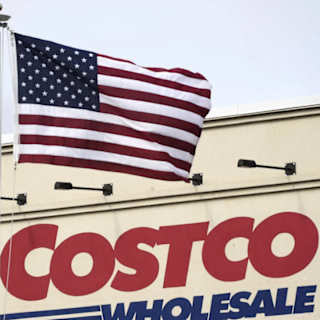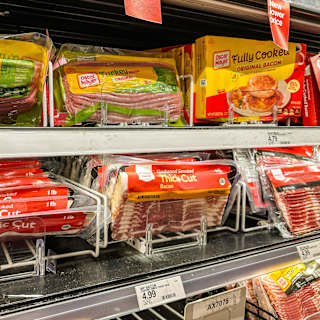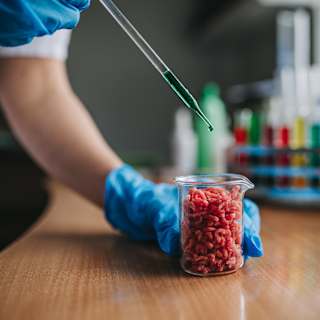- Industry Races Ahead of Federal Timeline
- Health Concerns Drive Policy Shift
Two of America's largest food manufacturers announced this week they will eliminate synthetic dyes from their product portfolios, joining a growing industry movement away from petroleum-based colorants amid mounting regulatory pressure and health concerns.
Conagra Brands, the parent company of Duncan Hines and Slim Jim, said Wednesday it will remove artificial dyes from all frozen foods by the end of this year and phase them out across its entire product line by 2027. The announcement came the same day Nestlé USA pledged to eliminate synthetic food dyes from all products by mid-2026, putting it ahead of competitors General Mills and Kraft Heinz, which have set 2027 deadlines.

The corporate commitments exceed the Food and Drug Administration's timeline for voluntary industry compliance. In April, the FDA announced plans to eliminate six major synthetic dyes—including Red No. 40, Yellow No. 5, and Blue No. 1—from the food supply by the end of 2026, though the agency is relying primarily on voluntary efforts rather than mandatory bans12.
"Given growing concerns about the potential role of petroleum-based food dyes, we should not be taking risks and should do everything possible to safeguard the health of our children," FDA Commissioner Marty Makary said in April3.
Kraft Heinz became the first major manufacturer to formally commit to the federal timeline in June, announcing it would remove synthetic dyes from all products by 20274. General Mills followed with similar pledges, targeting cereal reformulation by summer 20265.
The industry transformation follows mounting scientific evidence linking synthetic dyes to behavioral problems in children. A California state report released earlier this year found that consumption of synthetic food dyes can result in hyperactivity and other neurobehavioral issues in some children1.
The percentage of American children diagnosed with ADHD has increased from 6.1% to 10.2% over the past 20 years, prompting state and federal action1. California and West Virginia have banned artificial dyes in school food, while Texas requires warning labels on products containing synthetic colorants2.
Consumer advocacy groups have welcomed the corporate announcements but cautioned that voluntary compliance may prove insufficient. "We need an enforceable ban on harmful synthetic food dyes," said Brian Ronholm, director of food policy at Consumer Reports3.
The FDA has fast-tracked approval of natural alternatives, recently authorizing butterfly pea flower extract and calcium phosphate as replacements for synthetic colorants4.



